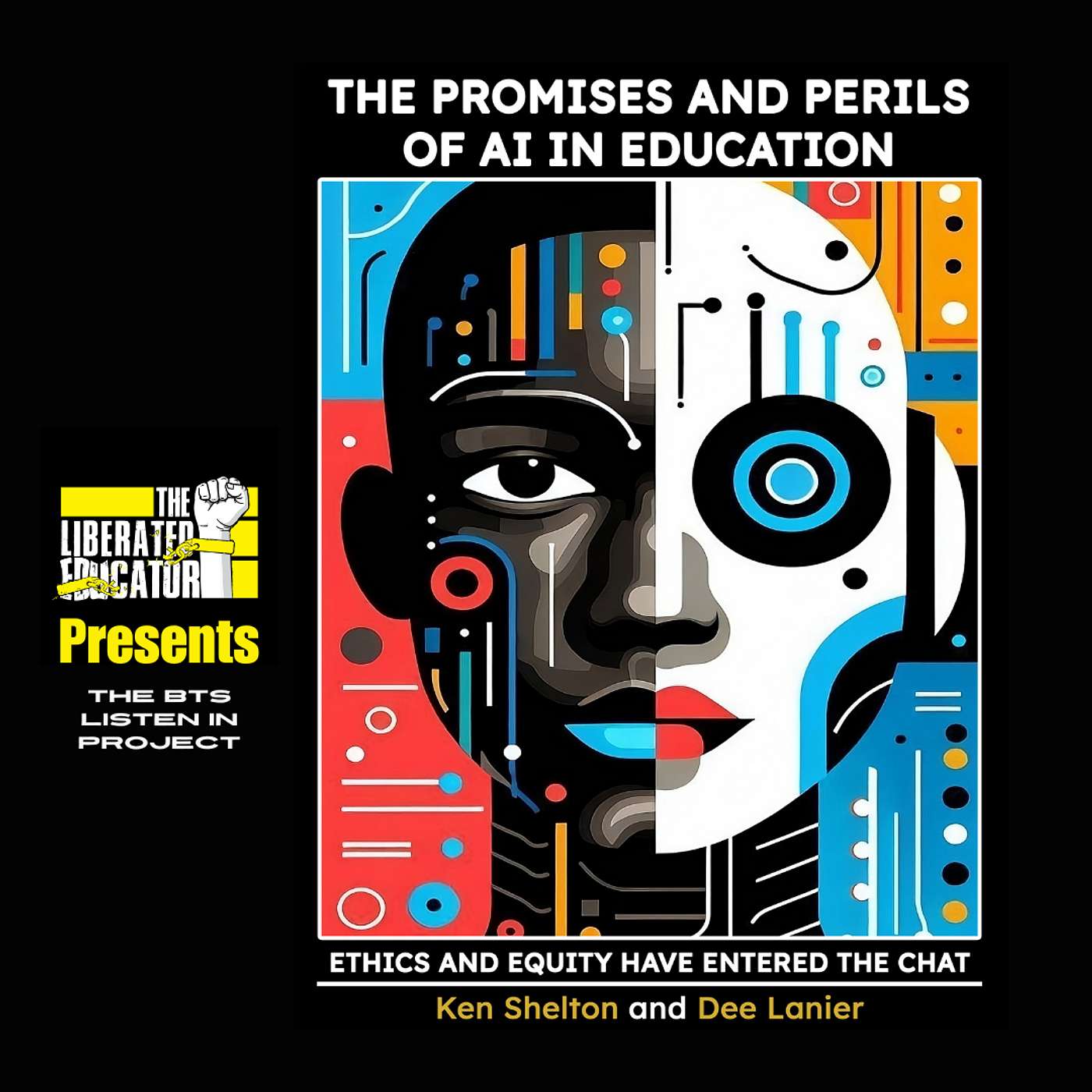Season 3: Toward More Equitable Classrooms with AI - Chapter 7


Summary
The conversation explores the promises and perils of AI in education, focusing on the potential for AI to perpetuate the status quo or challenge it. The hosts discuss the importance of courage, commitment, and creativity in utilizing AI to dismantle inequitable barriers and create positive change. They emphasize the need for awareness, self-reflection, and self-interrogation in challenging the status quo and using AI ethically. The conversation also touches on the principles of practice for reducing bias and risk in AI tools and the importance of understanding the strengths and weaknesses of different platforms. The conversation explores the use of AI in education and the potential impact on student outcomes. It emphasizes the importance of critically evaluating AI tools and platforms, considering their biases and potential risks. The conversation also highlights the need for ethical considerations and transparency in AI use. It discusses the role of educators as educational activists, utilizing AI to engage students in social issues and community engagement. The conclusion emphasizes the need to address existing inequities and develop digital fluencies and literacies across all disciplines.
Takeaways
- AI in education can either perpetuate the status quo or challenge it, depending on how it is utilized.
- Courage, commitment, and creativity are essential in using AI to dismantle inequitable barriers and create positive change.
- Awareness, self-reflection, and self-interrogation are necessary for challenging the status quo and using AI ethically.
- Principles of practice can help reduce bias and risk in AI tools, and it is important to understand the strengths and weaknesses of different platforms. AI tools and platforms in education should be critically evaluated for biases and potential risks.
- Ethical considerations and transparency are crucial in AI use.
- Educators can utilize AI to engage students in social issues and community engagement.
- Addressing existing inequities and developing digital fluencies and literacies across all disciplines is essential.













